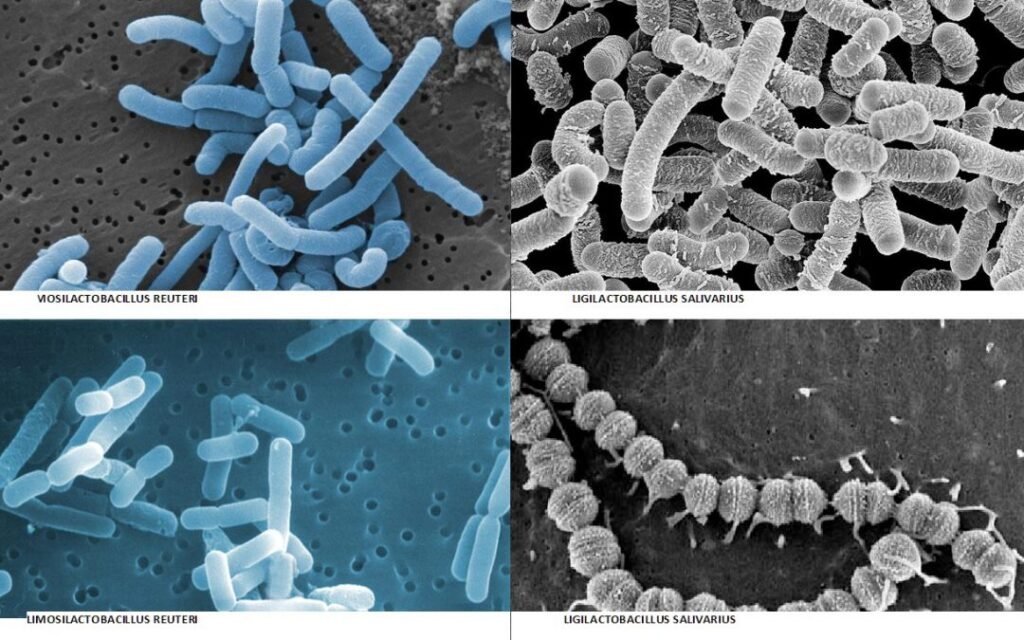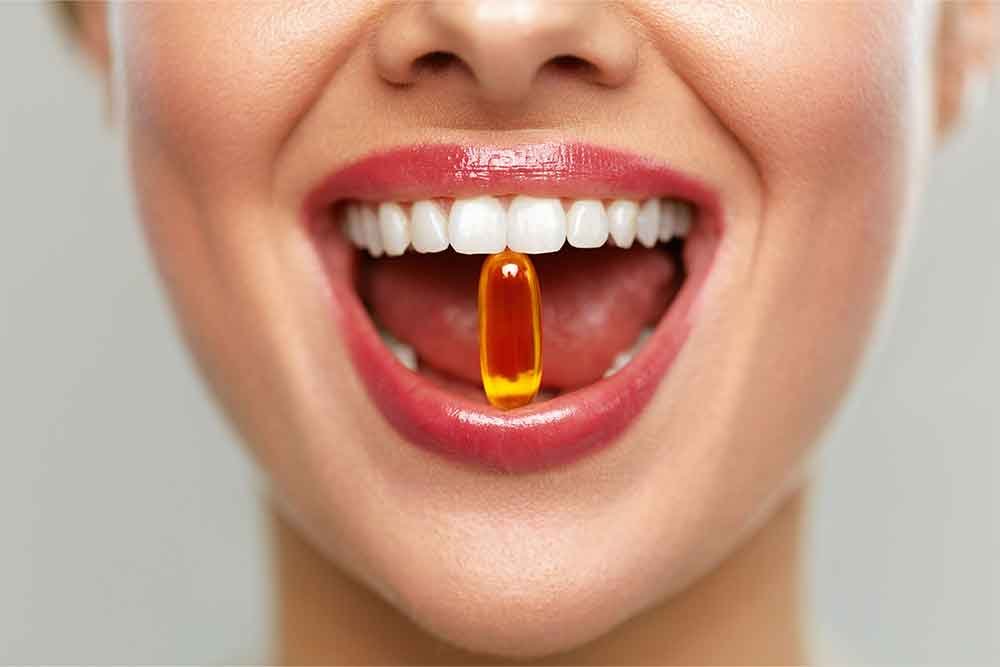Proper toothbrushing is the cornerstone of oral hygiene. While it may seem simple, many people overlook key techniques that can make a significant difference in their dental health. In this comprehensive guide, you’ll learn how to brush effectively, avoid common mistakes, and support your overall oral care.
Why Brushing Correctly Matters
Brushing helps remove plaque, the sticky film of bacteria that contributes to cavities, gum disease, and bad breath. Poor brushing technique can lead to gum recession, enamel erosion, and long-term oral health problems.

Step-by-Step Toothbrushing Technique
- Choose the Right Brush: Use a soft-bristled brush with a small head. An electric toothbrush is highly recommended for more consistent results.
- Use Fluoride Toothpaste: Fluoride strengthens enamel and prevents cavities.
- Brush at a 45-Degree Angle: Position the brush toward the gum line and use small circular motions.
- Brush for 2 Minutes: Spend 30 seconds on each quadrant of your mouth. Set a timer if needed.
- Don’t Forget Your Tongue: Gently brush your tongue to remove bacteria and freshen breath.
Common Brushing Mistakes to Avoid
- Brushing too hard: Can wear down enamel and irritate gums.
- Using an old toothbrush: Replace your brush every 3–4 months.
- Rushing: Two minutes is essential to clean effectively.
- Skipping nighttime brushing: Allows plaque to harden overnight.
See our related guide: Flossing Techniques You Might Be Doing Wrong
Extra Tips for a Healthy Routine
Consider using an antibacterial mouthwash after brushing, and avoid eating or drinking anything (especially sugary foods) immediately after cleaning your teeth. Staying hydrated and maintaining a balanced diet can also support your oral health naturally.
Final Thoughts
Brushing your teeth the right way is about more than just technique—it’s about consistency, awareness, and making oral care a part of your daily routine. By mastering the basics and being mindful of your habits, you’ll enjoy a cleaner mouth, fresher breath, and healthier smile for years to come.
Next up, learn about how the oral microbiome affects your dental health and what role probiotics may play in future care strategies.

